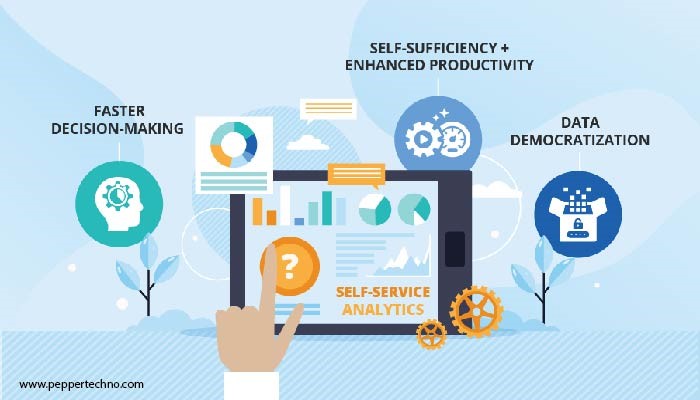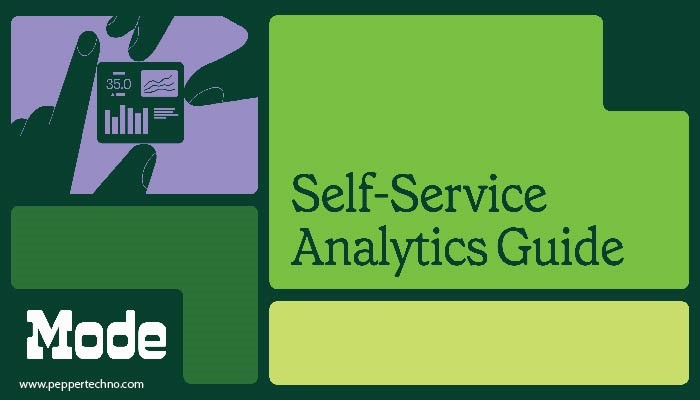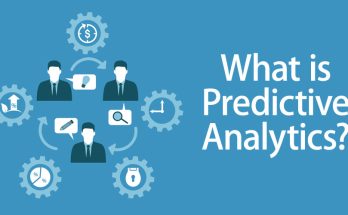The Power of Analytics Self Service Platforms: Empowering Data-Driven Decision-Making
In today’s data-centric world, organizations are constantly seeking ways to extract actionable insights from the vast amounts of data they generate and collect. Traditional approaches to analytics often involved specialized teams or experts handling data queries and analysis, leading to bottlenecks and delays in decision-making processes. However, with the emergence of analytics self service platforms, a paradigm shift is underway, empowering users across various business functions to directly access and analyze data without the need for extensive technical expertise. This article explores the transformative power of analytics self service platforms and their role in driving data-driven decision-making within organizations.

Understanding Analytics Self Service Platforms
Analytics self service platforms are software tools or solutions that enable users to independently access, manipulate, and derive insights from data without requiring intervention from IT or data specialists. These platforms typically feature intuitive user interfaces, drag-and-drop functionalities, and pre-built templates or algorithms, allowing users to explore data, create visualizations, and generate reports with ease. By democratizing access to data and analytical tools, analytics self service platforms empower users at all levels of an organization to make informed decisions based on data-driven insights.
Breaking Down Barriers to Data Access
One of the primary benefits of analytics self service platforms is their ability to break down barriers to data access. In traditional data environments, accessing and querying data often involved submitting requests to IT or data teams, leading to delays and frustration for business users. With self-service platforms, however, users can directly connect to data sources, whether they are structured databases, cloud repositories, or big data platforms, and retrieve the information they need in real-time. This self-sufficiency not only accelerates the pace of decision-making but also fosters a culture of data-driven autonomy within organizations.
Empowering Business Users with Data Exploration
Analytics self service platforms empower business users to explore data and uncover insights without relying on specialized skills or technical expertise. Through intuitive interfaces and interactive visualization tools, users can navigate through vast datasets, perform ad-hoc analysis, and discover hidden patterns or trends. Whether it’s identifying sales opportunities, understanding customer behavior, or optimizing operational processes, self-service analytics puts the power of data exploration directly into the hands of those who understand the business context best.
Driving Operational Efficiency and Agility
By enabling business users to independently access and analyze data, analytics self service platforms drive operational efficiency and agility within organizations. Instead of waiting for lengthy turnaround times for data requests or analysis, teams can quickly generate reports, dashboards, or predictive models to support their decision-making processes. This agility is particularly crucial in fast-paced industries where timely insights can make the difference between seizing opportunities and falling behind competitors. Moreover, self-service analytics fosters a culture of experimentation and innovation, as users are encouraged to explore data freely and test hypotheses without constraints.
Enhancing Collaboration and Knowledge Sharing
Another advantage of analytics self service platforms is their ability to enhance collaboration and knowledge sharing across teams and departments. By providing a centralized platform for accessing and analyzing data, these platforms facilitate communication and alignment around key metrics and insights. Business users can easily share reports, dashboards, or data visualizations with colleagues, fostering transparency and enabling data-driven discussions. Furthermore, self-service analytics encourages cross-functional collaboration, as users from different departments can collaborate on projects or initiatives that require multidisciplinary expertise.
Addressing Security and Governance Concerns
While the democratization of data access is a significant benefit of analytics self service platforms, it also raises concerns about security and governance. Organizations must implement robust security measures and governance frameworks to ensure that sensitive data is protected and regulatory compliance is maintained. This includes role-based access controls, data encryption, audit trails, and data lineage tracking to monitor and enforce data usage policies. Additionally, organizations should provide training and guidance to users on data privacy best practices and ensure that they understand their responsibilities when accessing and handling sensitive information.
Overcoming Challenges and Considerations
Despite the numerous benefits of analytics self service platforms, organizations may encounter challenges during implementation and adoption. These challenges may include resistance to change from traditional stakeholders, data quality and consistency issues, and the need for ongoing training and support for users. Additionally, organizations must carefully evaluate the scalability and performance of self-service platforms to ensure they can handle increasing volumes of data and users over time. By addressing these challenges proactively and fostering a culture of data literacy and continuous improvement, organizations can maximize the value derived from analytics self service platforms.
Conclusion
Analytics self service platforms represent a powerful tool for empowering data-driven decision-making within organizations. By democratizing access to data and analytical tools, these platforms enable business users to explore data, derive insights, and drive operational efficiency and agility. Furthermore, self-service analytics fosters collaboration, knowledge sharing, and innovation across teams and departments, leading to more informed and impactful decision-making processes. While challenges may arise during implementation and adoption, organizations that embrace analytics self service platforms stand to gain a competitive advantage in today’s data-driven landscape.



